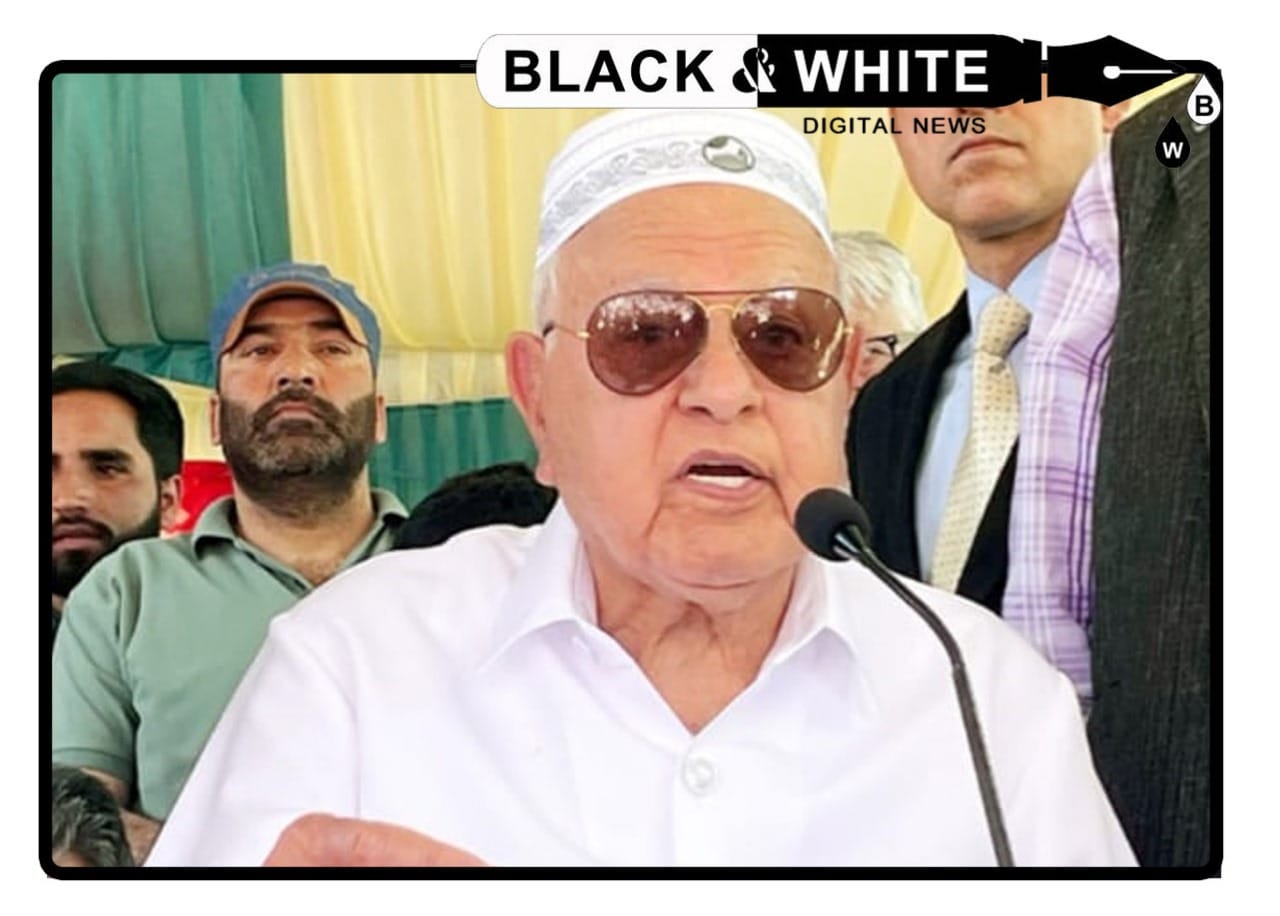J&K High Court Quashes ED Chargesheets Against Farooq Abdullah in JKCA Case: Implications and Role of Agencies



Subscribe to our newsletter to get our newest articles instantly!
Health, Education & Social Welfare Among Key Departments Discussed, Says Beerwah MLA Shafi Ahmed Wani
Reservation Issue Par Rationalisation Ki Zarurat Hai Bache Depression Ka Shikar Waheed Ur Rehman Para
CM Omar Abdullah Ne BJP MLAs Par Comment Karne Ka Bad Kya Mafi Mangi Ya Nhi Sunye
Cabinet Minister Sakina Itoo Ne BJP Ko Mafi Mangni Chahye Deputy CM Surinder choudhary K Khilaf Jo Alfaz Use Kiye
We use cookies to improve your experience on our site. By using our site, you consent to cookies.
Manage your cookie preferences below:
Essential cookies enable basic functions and are necessary for the proper function of the website.
These cookies are needed for adding comments on this website.
These cookies are used for managing login functionality on this website.
Statistics cookies collect information anonymously. This information helps us understand how visitors use our website.
Google Analytics is a powerful tool that tracks and analyzes website traffic for informed marketing decisions.
Service URL: policies.google.com (opens in a new window)
Sign in to your account
